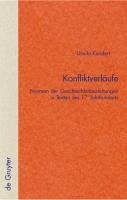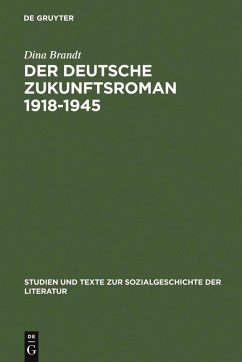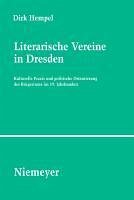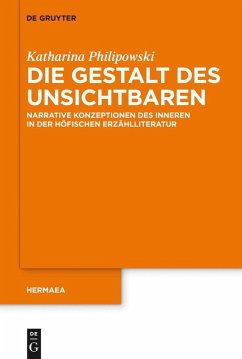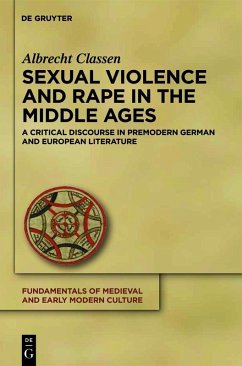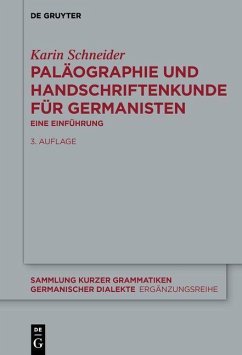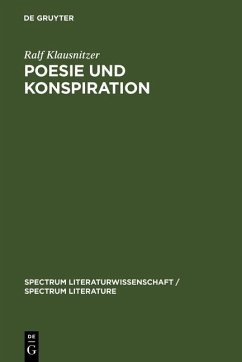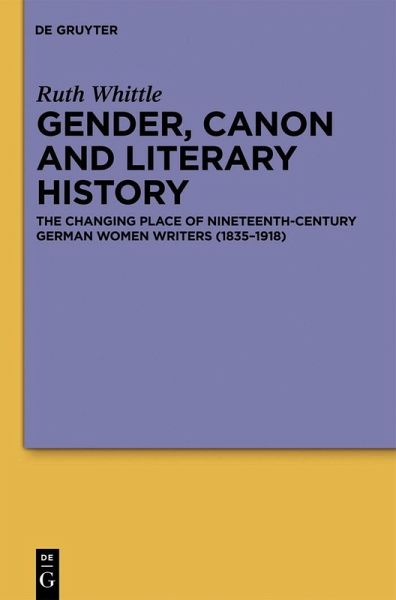
Gender, Canon and Literary History (eBook, PDF)
The Changing Place of Nineteenth-Century German Women Writers (1835-1918)
Versandkostenfrei!
Sofort per Download lieferbar
97,95 €
inkl. MwSt.
Weitere Ausgaben:

PAYBACK Punkte
49 °P sammeln!
It has been shown that the total number of women who published in German in the 18th and 19th centuries was approximately 3,500, but even by 1918 only a few of them were known. The reason for this lies in the selection processes to which the authors have been subjected, and it is this selection process that is the focus of the research here presented.The selection criteria have not simply been gender-based but have had much to do with the urgent quest for establishing a German Nation State in 1848 and beyond. Prutz, Gottschall, Kreyßig and others found it necessary to use literary historiog...
It has been shown that the total number of women who published in German in the 18th and 19th centuries was approximately 3,500, but even by 1918 only a few of them were known. The reason for this lies in the selection processes to which the authors have been subjected, and it is this selection process that is the focus of the research here presented.
The selection criteria have not simply been gender-based but have had much to do with the urgent quest for establishing a German Nation State in 1848 and beyond. Prutz, Gottschall, Kreyßig and others found it necessary to use literary historiography, which had been established by 1835, in order to construct an ideal of 'Germanness' at a time when a political unity remained absent, and they wove women writers into this plot. After unification in 1872, this kind of weaving seemed to have become less pressing, and other discourses came to the fore, especially those revolving round femininity vs. masculinity, and races.
The study of the processes at work here will enhance current debates about the literary canon by tracing its evolution and identifying the factors which came to determine the visibility or obscurity of particular authors and texts. The focus will be on a number of case studies, but, instead of isolating questions of gender, Gender, Canon and Literary History will discuss the broader cultural context.
Dieser Download kann aus rechtlichen Gründen nur mit Rechnungsadresse in A, B, BG, CY, CZ, D, DK, EW, E, FIN, F, GR, HR, H, IRL, I, LT, L, LR, M, NL, PL, P, R, S, SLO, SK ausgeliefert werden.




